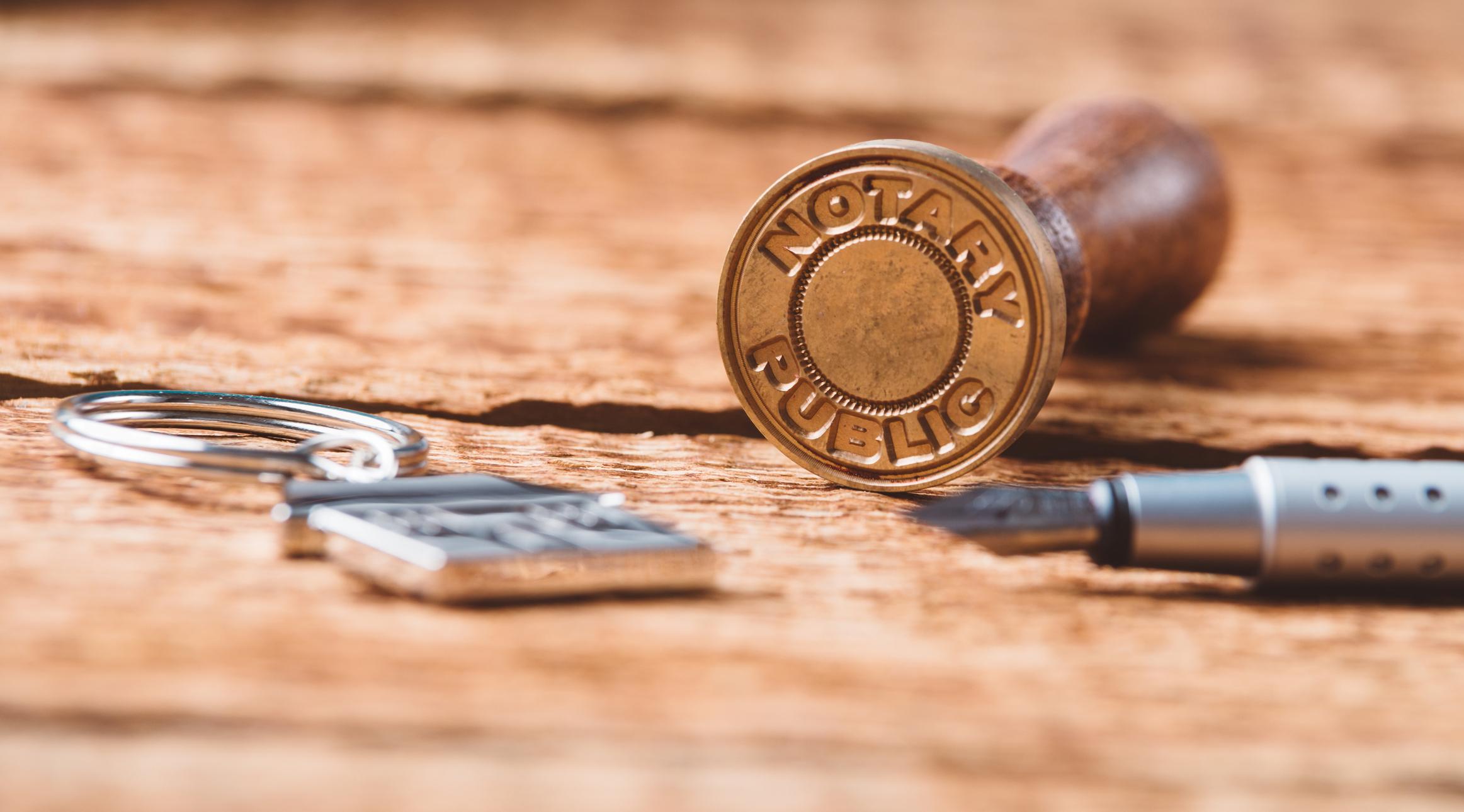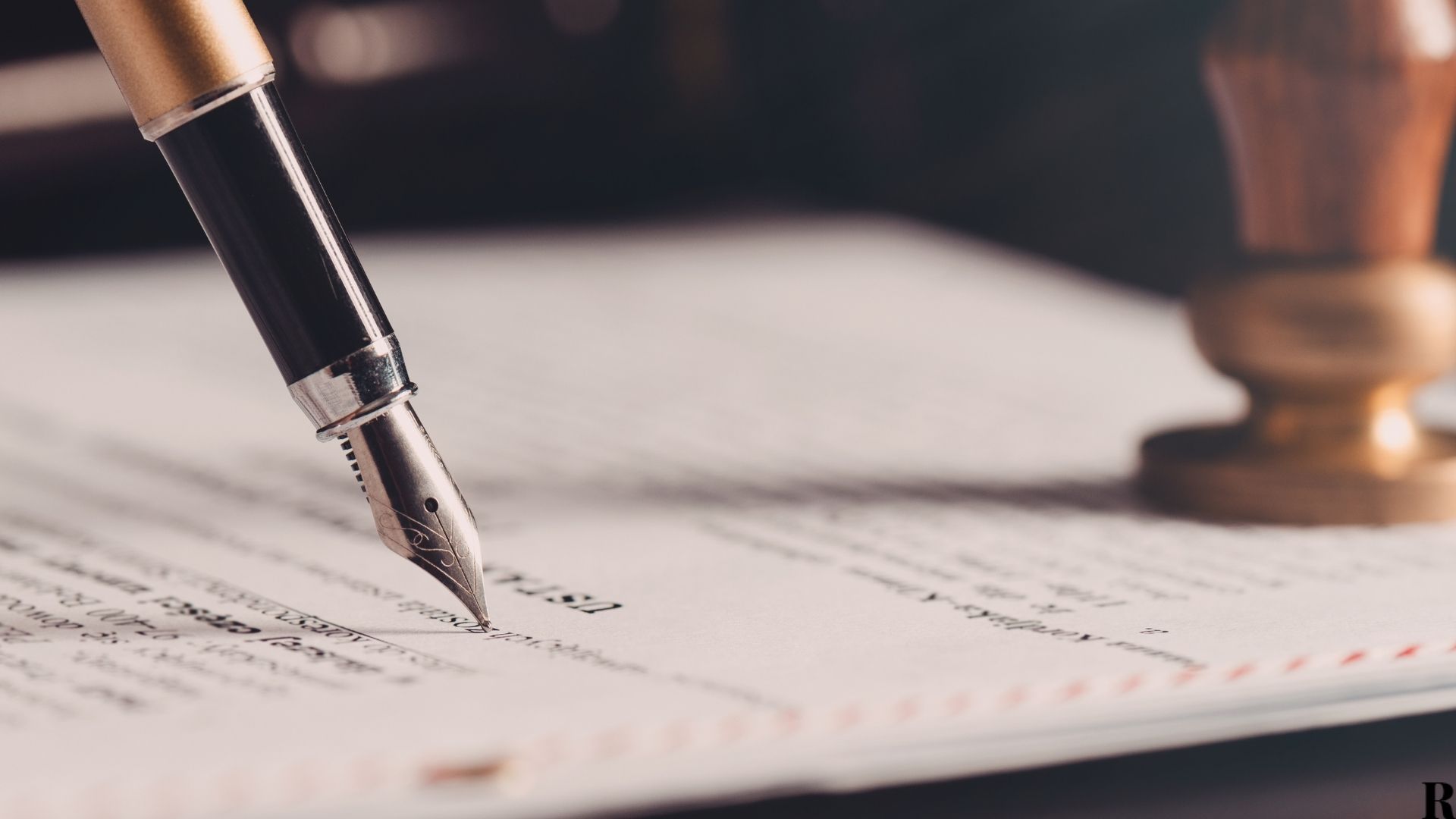Experienced Conveyancer: Browsing Home Transfers with Competence
Experienced Conveyancer: Browsing Home Transfers with Competence
Blog Article
Debunking Notarial Job: Simplifying the Role and Value of Notaries
In the detailed internet of lawful documentation and confirmation, notaries stand as pillars of assurance and authenticity. Their role, often shrouded in enigma for several, brings substantial weight in making sure the legitimacy and honesty of vital documents. As guardians of legitimacy and reality, notaries play an essential part in our society, yet their work is not always completely recognized. By deciphering the complexities losing and bordering notarial methods light on the value of their acts, a more clear understanding arises of the crucial duty notaries play in upholding the fabric of contractual and legal contracts.
The History of Notarial Job
The history of notarial work days back to ancient worlds, where scribes played a critical duty in tape-recording important details and confirming documents. This led to the development of notaries, individuals designated by the state to act as objective witnesses in legal issues.
Throughout the Middle Ages, notaries obtained prestige in Europe, with their features expanding to consist of preparing lawful documents, accrediting trademarks, and protecting documents. The surge of international profession even more stressed the relevance of notarial operate in verifying contracts and contracts across boundaries.
In the modern era, notaries continue to play a vital function in lawful and company transactions by confirming identifications, validating the authenticity of records, and avoiding scams. Their function in accrediting the credibility of contracts includes a layer of safety and security and depend the ever-evolving landscape of business and regulation.

Duties and Obligations of Notaries
The historic development of notarial job from old people to the contemporary era has actually formed the unique tasks and obligations that notaries support in legal and company deals today. Notaries play a vital duty in validating the credibility of files and the identification of signatures. One of their primary obligations is to witness the signing of important records, such as agreements, wills, and acts, to make certain that all celebrations are participating in agreements knowingly and willingly. Notaries likewise confirm that signatories are of sound mind and not under pressure or coercion.
Furthermore, notaries are charged with carrying out oaths and affirmations, which are critical in lawful proceedings and the implementation of sworn statements. They certify duplicates of initial files, offering guarantee to institutions that the duplicates are true replicas of the originals. Notaries have to preserve precise records of all deals they supervise to ensure transparency and liability. Generally, the tasks and obligations of notaries are necessary in safeguarding the integrity and legitimacy of different papers and transactions.
Notarial Certificates and Signatures
Exemplifying precise attention to detail, notarial certificates and signatures serve as important components in validating the authenticity of lawful records. Notarial certifications normally have vital info such as the day of registration, the names of the signatures, a description of the document, and the notary's main seal. These certificates give a clear document of the notarial act, ensuring that the document can be easily recognized and mapped back to the notary that looked after the process.
Trademarks play an essential function in notarial job, as they signify the agreement and approval of the celebrations included. Notaries thoroughly witness the finalizing of documents to validate the identity of the signatories and validate that they are signing of their very own complimentary will. By attaching their official seal and trademark to the file, notaries accredit that the necessary treatments have been followed which the record is valid and enforceable.
Basically, notarial certifications and trademarks are the trademark of credibility in legal purchases, supplying assurance to all events involved that the records are legitimate and binding.
Significance of Notarial Acts

Notarization Process Discussed
The registration process commonly starts with the specific providing the document to a notary public. Once the identity is validated, the notary makes certain that the individual authorizing the record does so voluntarily and without any threat.

Verdict
Notarial certifications usually include vital information such as the day of notarization, the names of the signatures, a summary of the record, and the notary's main seal. These certifications provide a clear document of the notarial act, ensuring that the record can be easily recognized and mapped back to the notary who managed the process.
By attaching their official seal and signature to the paper, notaries accredit that the needed procedures have actually been complied with and that the record is enforceable and legitimate.
By verifying the identity of the notaries, verifying their willingness to enter right into the agreement, and licensing the day and place of navigate to this website the signing, notaries play an essential function in promoting the legitimacy of lawful papers.After the paper is signed, the notary will fasten their official seal or stamp onto the file.
Report this page